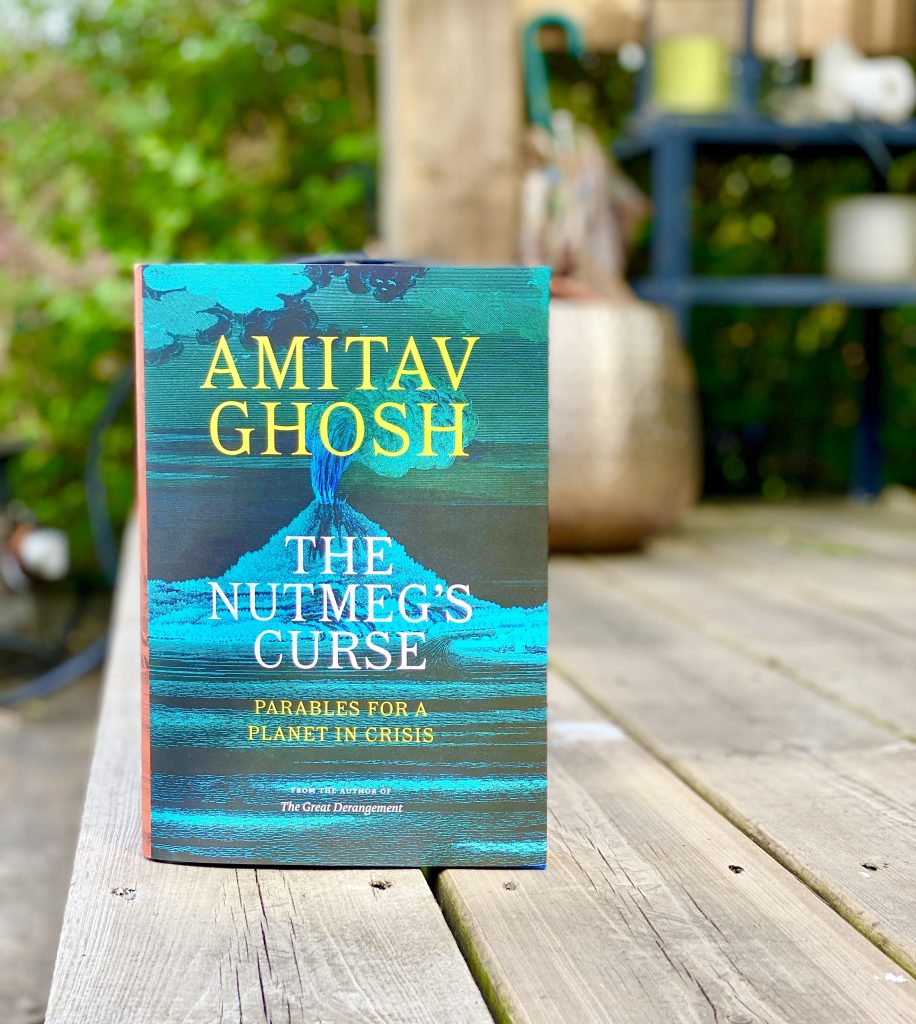
A wide ranging work of nonfiction drawing out the connections between the climate crisis and colonialism. Though I had not previously heard of him, the author is a well-known novelist and essayist, and while this book is intellectually substantive enough to be a work of scholarship, it has very clearly been written by a *writer* – which I suppose someone else might mean negatively, but which I intend very much as praise. The work orbits around the history of nutmeg, which now grows in many place but which originated in a small archipelago in the Indian ocean that was one of the earliest targets in Asia of Western colonialism precisely because of the drive to monopolize the lucrative spice trade. But, as I said, the book ranges far and wide across topic and time, and also specifically centres settler colonialism in the Americas. Key to the book is its refusal of the Western tendency to deny any historical agency to the other-than-human world, including the earth itself, as well as an insistence on understanding colonialism (especially settler colonialism) as an exercise not just of conquest but of very literally and materially re-making the non-European earth – terraforming, is the language used – in the image of Europe and in the interest of extraction and profit. These logics, present in early colonial encounters from Turtle Island to South Asia and dominant around the world today, are what have produced the climate crisis. He argues that in response we need a form of intensely place-based, vitalist politics, of course not of the blood-and-soil variant favoured by eco-fascists and other far-right forces (not to mention parts of mainstream environmentalism), but of a sort led by those aspects of the Black radical tradition and grassroots Indigenous resistance that have often been hardest for the Western left to understand. Well written, provocative, thoughtful. I haven’t made up my mind about every single assertion and claim in this book, and I have far more thinking to do to figure out what it all means in practice for me and for instances of “us” that I am part of, but I am certain that it is a worthwhile read for anyone trying to think seriously about the climate crisis and what we should be doing about it.
Originally posted by Scott on Goodreads.